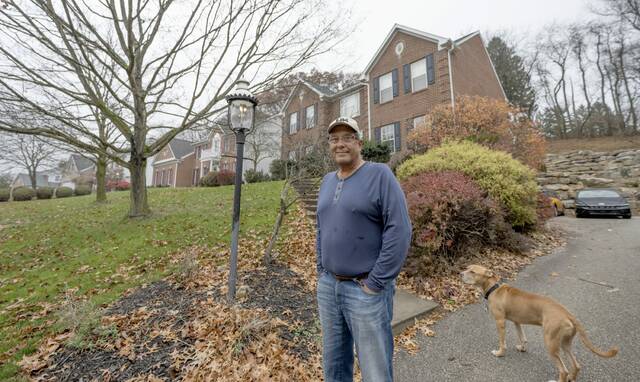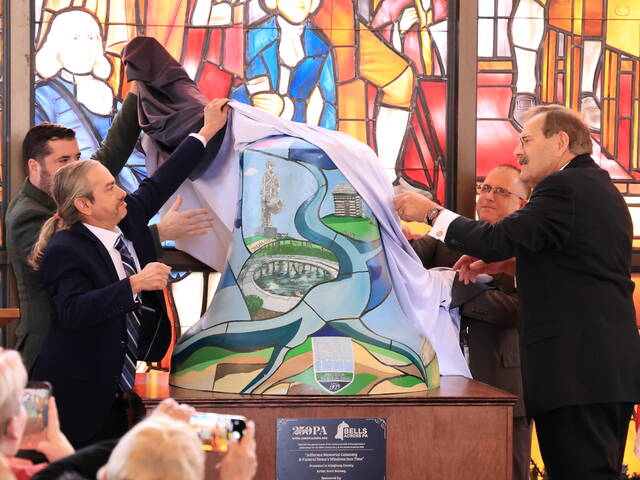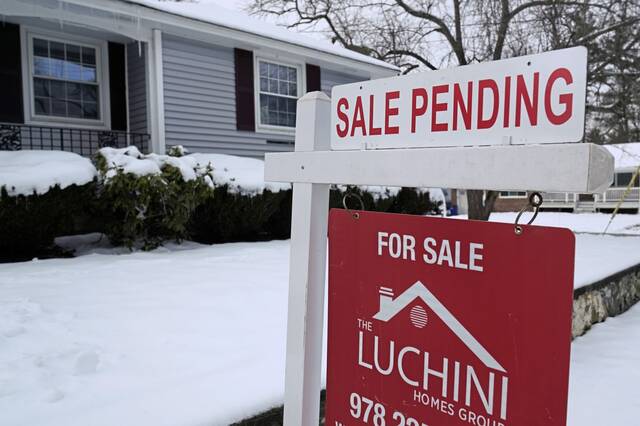The question before Pennsylvania’s Supreme Court on Tuesday wasn’t whether UPMC should be allowed to build a hospital in Jefferson Hills.
The Pittsburgh-based health care giant proposing the controversial project told the court it isn’t anywhere near that discussion yet.
Instead, the only question now — five years into the planning process — is whether UPMC is even permitted to use the land off Route 51 along Elliot Road for a medical center.
UPMC says the answer to that question is yes, and that the Jefferson Hills Zoning Hearing Board acted beyond its authority in 2019 when it denied a land-use application permit.
Attorneys representing 67 borough residents challenging the hospital project said the zoning board heard evidence over nine hearing dates and made an informed decision when it rejected UPMC’s application.
If a developer submits an application that violates zoning ordinances, argued attorney Daniel Stuart, the zoning board must deny the application.
“That’s all that happened here,” he said.
UPMC’s attorneys said a zoning officer in Jefferson Hills initially granted the land-use permit and, as a result, the zoning board did not have authority to overturn that decision.
“It doesn’t say you get to have your development,” said attorney Thomas Ayoob III, representing UPMC. “It just said your use is allowed.”
The state Supreme Court, sitting in Pittsburgh, heard argument following a 2021 Commonwealth Court decision that reversed the zoning board and decision and gave the go-ahead to UPMC to build the hospital less than a mile away from Allegheny Health Network’s Jefferson Hospital.
UPMC’s $190 million project, in the works since 2018, has been rife with controversy. UPMC announced its plan in July 2018, proposing the hospital to have about 63 beds and offer inpatient and emergency care, surgical services and diagnostic imaging.
It would be built on five separate parcels in three different zoning districts. Following months of hearings, the zoning board in September 2019 revoked the permit, finding in favor of the residents.
UPMC appealed to Allegheny County Common Pleas Court, which upheld the zoning board’s decision. The medical system then appealed to state Commonwealth Court, which in August 2021 reversed the lower decisions, finding that the hospital could move forward.
“The board erred by ignoring the actual wording of the zoning ordinance and by instead inferring that the proposed primary use for UPMC South … was barred by implication,” the Commonwealth Court wrote. “The board should have limited its review to the question of whether that use was allowed by right, instead of straying further afield into broader concerns.”
During argument before the state Supreme Court on Tuesday, Stuart said the Commonwealth Court decision would prohibit zoning boards from rejecting applications or enforcing their own zoning ordinances.
Stuart told the panel of six justices that there is no such thing as a use-only permit, and that the zoning hearing board acted within its authority.
“UPMC’s proposed development does not comply with the zoning ordinance,” he said.
The board’s decision to reject the permit, Stuart said, was “totally reasonable and justified.”
Justice Kevin Brobson argued with Stuart that zoning applications are granted conditionally all the time, and asked why this case is different.
“You’re saying you can never issue a conditional approval?” Brobson asked.
Stuart said the zoning board is permitted to deny the application if it doesn’t meet the requirements of the ordinance.
If UPMC wants to move forward, Stuart said, it must submit a new application that meets the ordinance’s requirements.
But in his argument, UPMC’s attorney said the process the health system followed is standard.
“This wasn’t a step out of the order,” Ayoob said. “It wasn’t to circumvent the process.”
Instead, a land-use permit should have been the simplest step in that process.
“We didn’t need nine days of hearings to know use is approved by right,” Ayoob said.
It should only be in the latter steps — when contemplating subdivision and land development — that the zoning ordinance requirements be considered, he said.
The zoning hearing board, Ayoob continued, jumped the gun by considering zoning questions too soon.
“This is exactly a chicken and the egg,” he said.
The state Supreme Court will likely not rule on the matter for several months.








